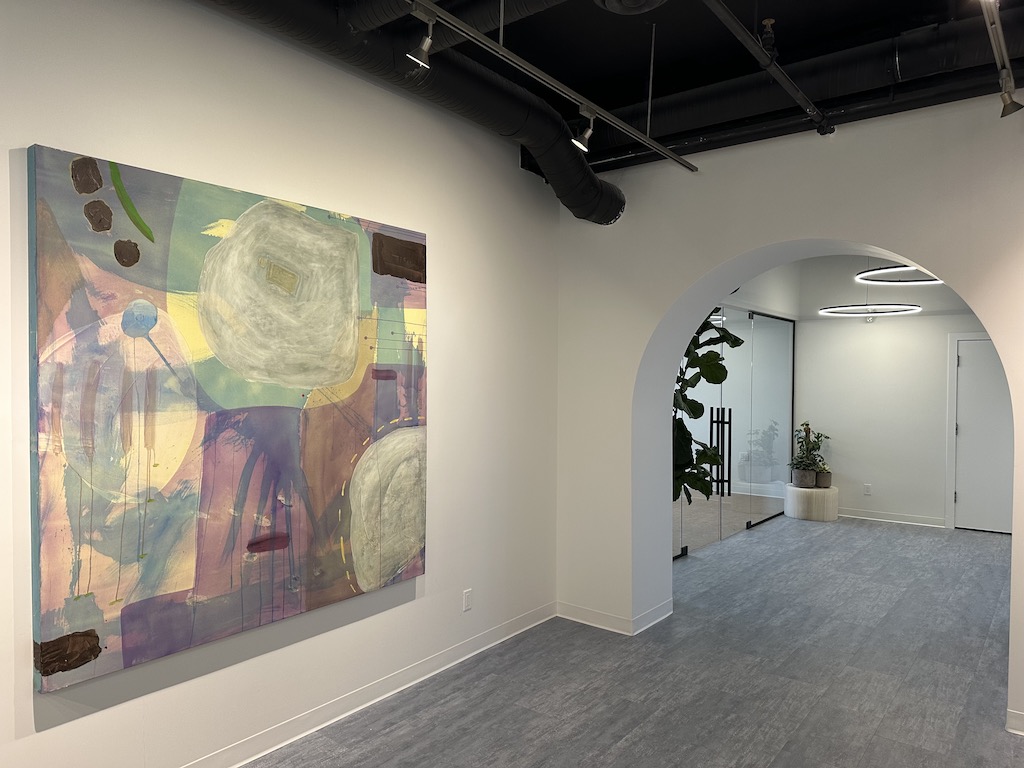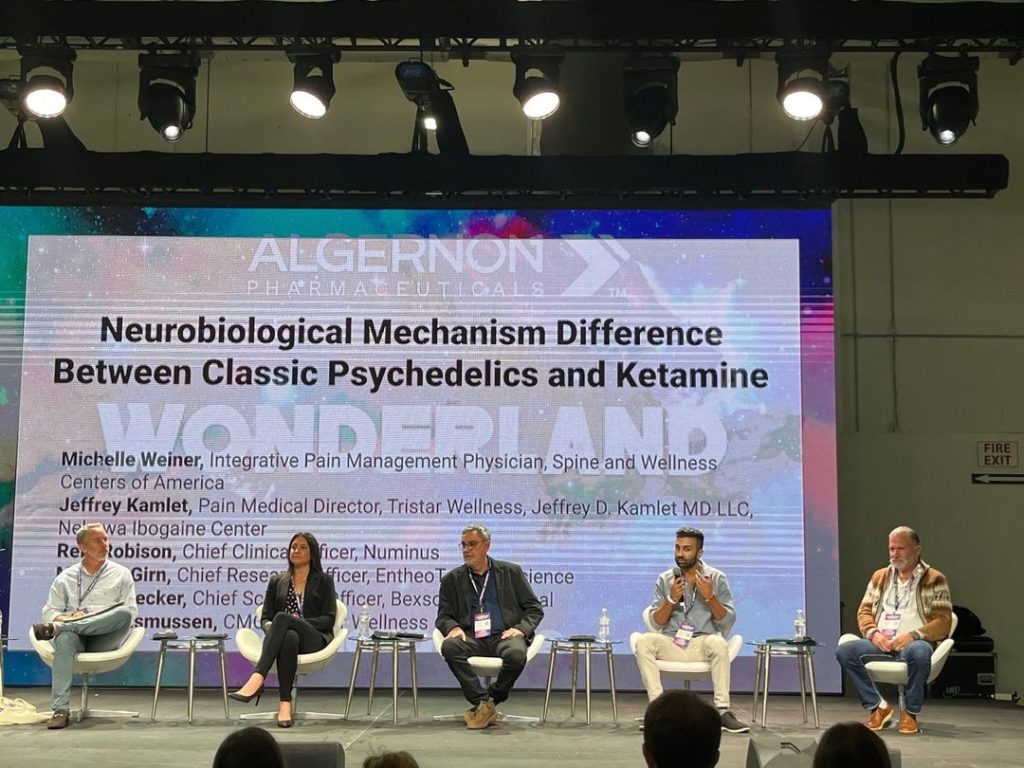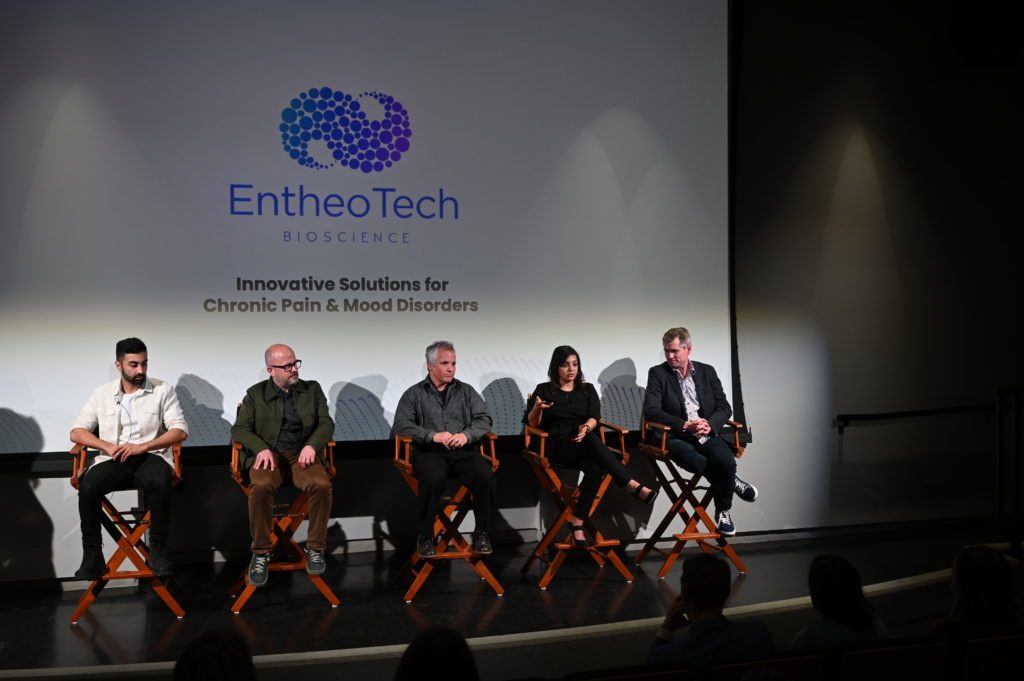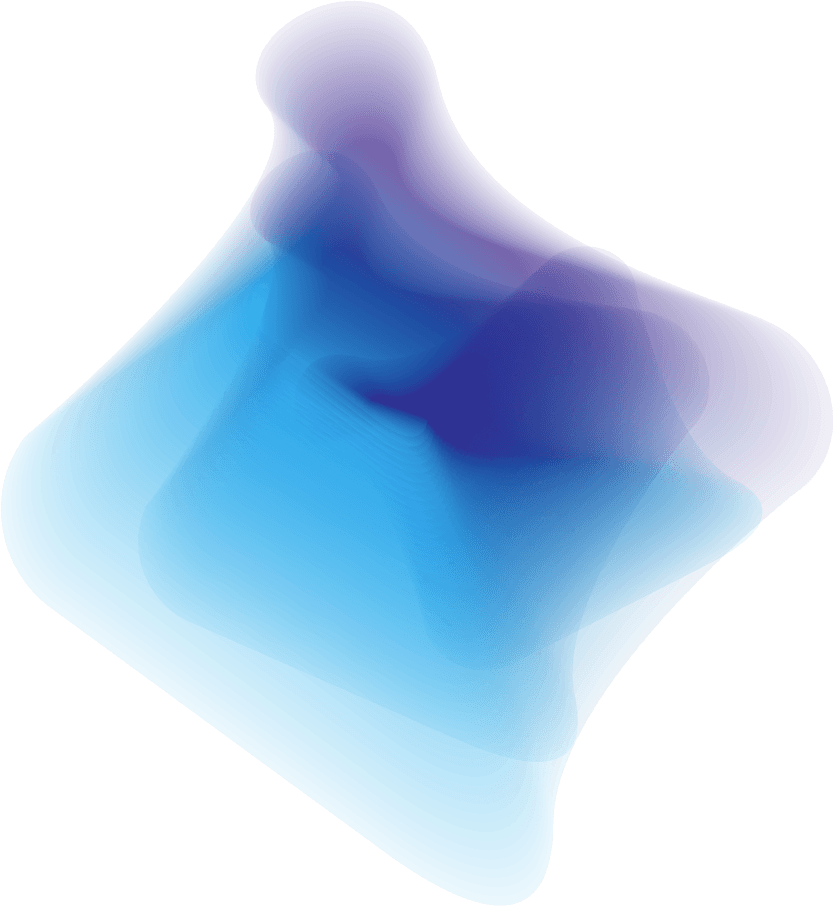At EntheoTech, we view ketamine treatment in the same lens as psychedelically-assisted psychotherapy. What does this mean?
As you may have heard, several clinical trials have now provided evidence that the (still illegal) psychedelic drug, psilocybin — the primary compound found in ‘magic’ mushrooms — can induce significant and sustained reductions in symptoms in multiple conditions, including treatment-resistant depression, end-of-life distress in cancer patients, tobacco addiction, and alcoholism1. The interesting thing is that psilocybin does this is in quite a unique way compared to other drugs: it induces a psychedelic (literally ‘mind-manifesting’) altered state of consciousness that, with proper preparation and support, can lead to profound spiritual experiences, emotional breakthroughs, new life perspectives, and insights into one’s behaviours and relationships 2-4.
The ability for psilocybin to induce what are often very powerful, radical, and profound experiences means that it must be accompanied by some kind of psychotherapeutic support5,6. Hence the term ‘psychedelically-assisted psychotherapy’. This support is essential for patients to effectively prepare themselves for the experience, fully engage with it from a place of security, openness, and surrender, and to help make sense of and integrate the experience into their everyday life. Psilocybin without this kind of support — especially in patients with mental health conditions — has the potential to induce states of fear and panic and to open up a can of worms that most individuals are not equipped to deal with. This can very possibly be psychologically destabilizing and do more harm than good.
Despite the considerable care and caution given to psilocybin, the same standard is not typically given to ketamine. Most clinics apply a biomedical approach to ketamine which ignores the experience as just an unpleasant side effect and which sees ketamine as solely a neurobiological intervention that doesn’t require any form of psychotherapeutic support. We at EntheoTech disagree with this approach, on the basis of both quantitative data suggesting that ketamine induces psychedelic states of consciousness that exhibit similarities to psilocybin7, as well as the quantitative and qualitative reports of patients which link specific features of their ketamine experience to its antidepressant effects8,9. We believe that administering psychedelic doses of ketamine without supportive psychotherapy has the potential to be dangerous for some patients and to result in shorter-lasting benefits for most.
This is why, at our EntheoTech Ketamine Suite, we developed our Odyssey Method, which combines psychedelic intramuscular ketamine sessions with preparatory and integrative psychotherapy, as well as adjunctive mindfulness, mindful movement, and breathwork workshops. In our biopsychosocial approach, the patient and their unique experiences and personal history take centre stage, and we take care to optimize the set and setting to best harness the healing opportunities provided by a ketamine-induced altered state of consciousness. In the development of our Odyssey Method, we integrated the best practices for psychedelic therapy as used in clinical trials at leading institutions with our unique set of holistic tools, practices, and resources to best promote lasting change.
Stay tuned for a deeper dive into the details of the Odyssey Method in our next blog post!
Written by Manesh Girn for EntheoTech
REFERENCES
(1) Psychedelics and Psychedelic-Assisted Psychotherapy
(2) The Subjective Effects of Psychedelics Are Necessary for Their Enduring Therapeutic Effects
(3) Emotional breakthrough and psychedelics: Validation of the Emotional Breakthrough Inventory
(5) Psychedelics and the essential importance of context
(7) Psychometric Evaluation of the Altered States of Consciousness Rating Scale (OAV)














